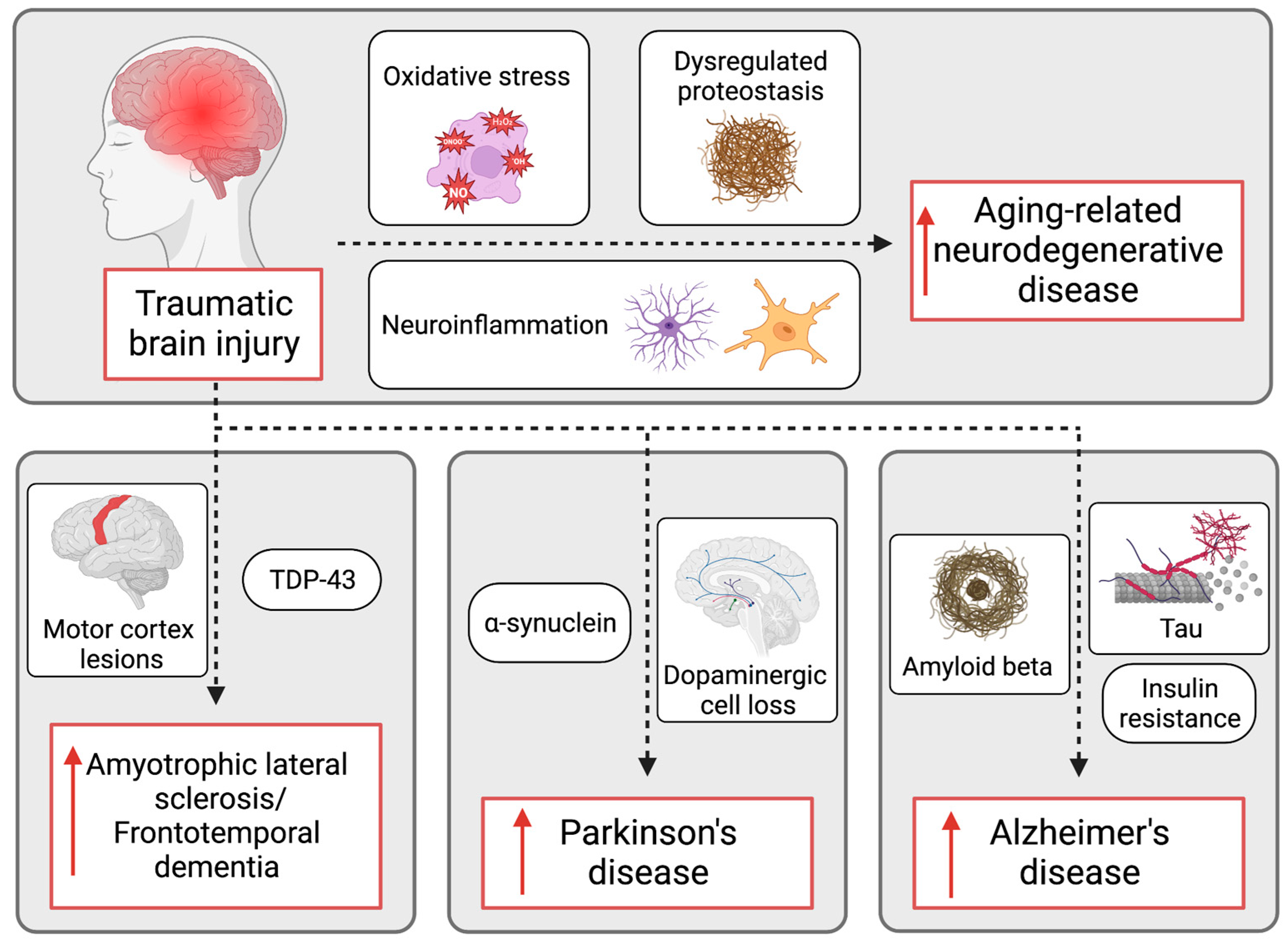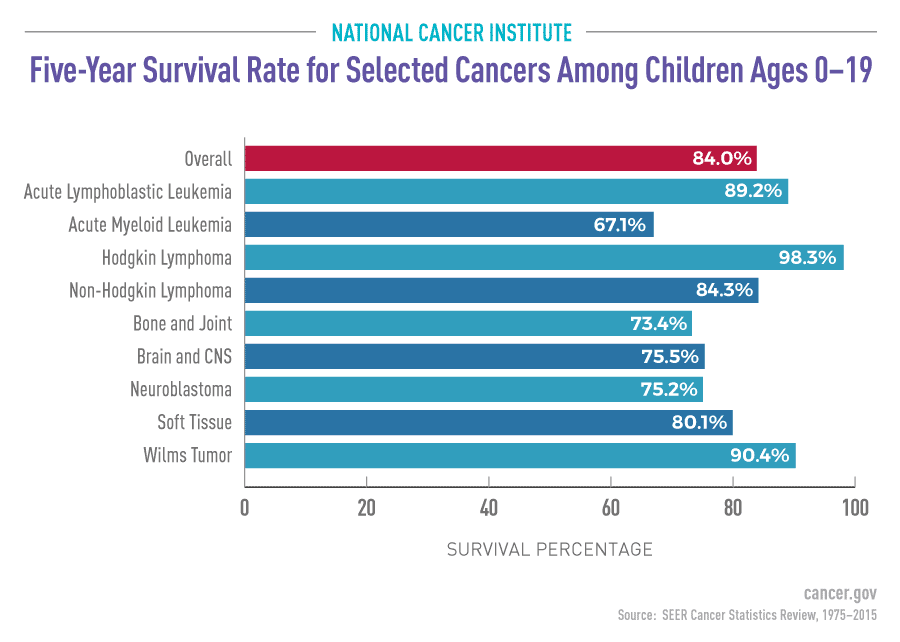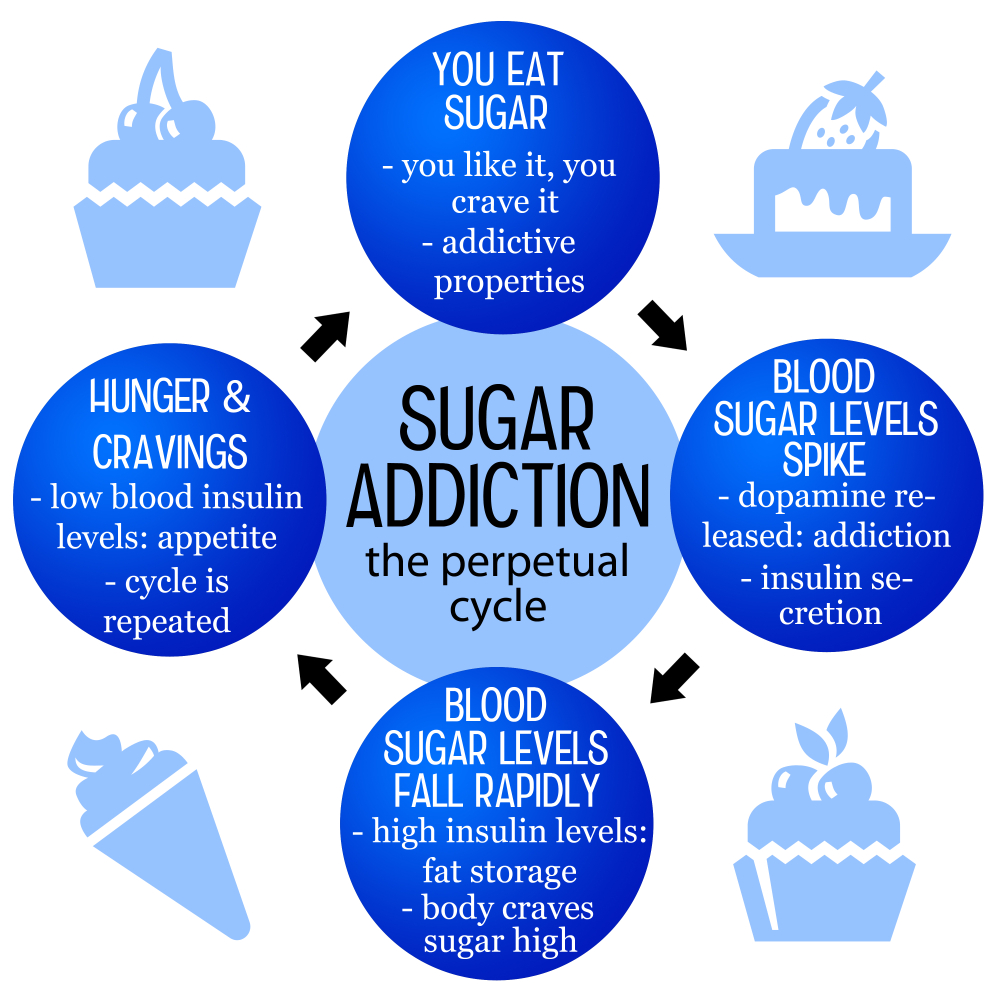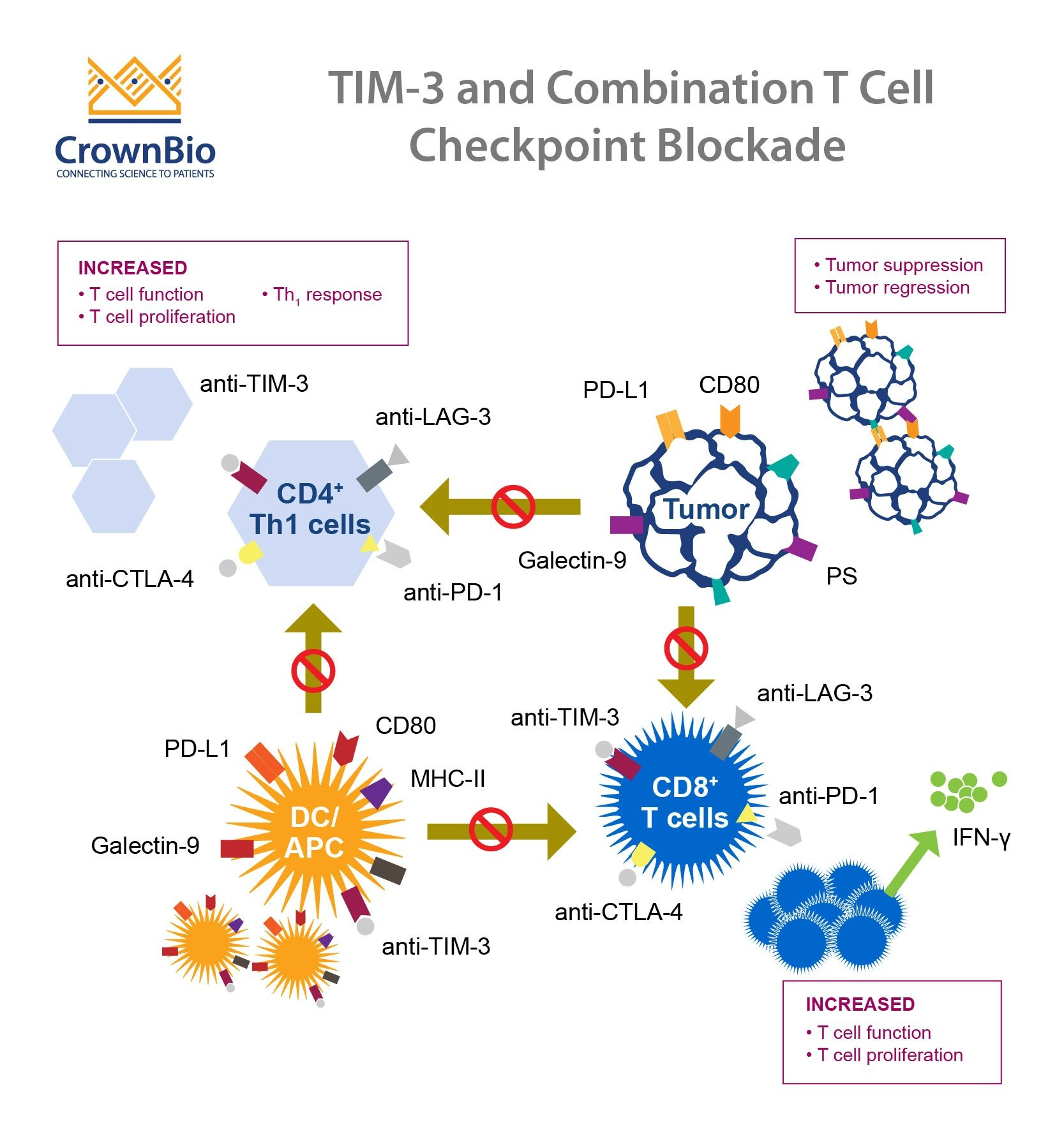Age-related brain disease risk factors are critical to understanding how we can prevent serious conditions like stroke, dementia, and late-life depression as we grow older. Recent research has identified 17 modifiable risk factors that directly affect brain health, providing a valuable roadmap for dementia prevention. Factors such as high blood pressure, poor diet, and lack of physical activity play significant roles in the onset of these conditions. Notably, addressing even one of these risk factors can lead to substantial improvements in overall brain health. As we prioritize our well-being, recognizing and modifying these risk factors may enhance our quality of life in later years.
The connection between aging and brain health is becoming increasingly clear as researchers spotlight various elements influencing cognitive decline. Terms like cognitive impairment, neurodegenerative risks, and geriatric mental health issues reflect the urgent need to address overlapping factors contributing to conditions such as dementia and depression in older adults. By focusing on interventions that target these risk elements, we can foster brain health improvement and mitigate disease progression. Each age-related brain disease shares common risk profiles, urging a comprehensive approach to prevention strategies. Ultimately, understanding these intricate dynamics paves the way for targeted solutions that can drastically reduce the burden of age-related cognitive challenges.
Understanding Age-Related Brain Disease Risk Factors
Age-related brain diseases, such as stroke, dementia, and late-life depression, are interconnected through several modifiable risk factors. These factors include diabetes, high blood pressure, and kidney disease, all of which can significantly increase an individual’s risk of developing one or more of these conditions. Recognizing these risk factors is vital because it opens avenues for prevention and early intervention. For instance, managing blood pressure through lifestyle changes can help lower the risk not only of stroke but also dementia and depression.
Moreover, chronic health issues like high cholesterol and poor dietary habits are also considered risk factors. Adjusting one’s diet to include more fruits, vegetables, and healthy fats can play a crucial role in enhancing overall brain health and potentially reducing the risk of these diseases. This comprehensive understanding of shared risk factors allows healthcare providers and patients to target interventions effectively, thus improving the quality of life for aging populations.
The Role of Modifiable Risk Factors in Dementia Prevention
Modifiable risk factors serve as critical targets for dementia prevention strategies. Research indicates that individuals can lower their risk of developing dementia by addressing aspects such as physical activity, social engagement, and mental stimulation. Engaging in regular exercise not only boosts physical health but also enhances cognitive functions, making it a two-fold benefit in combating brain diseases. Social interactions and hobbies that stimulate the brain, such as puzzles or games, are equally important in maintaining cognitive health.
The study by Mass General Brigham emphasizes that even slight changes in behavior can have significant impacts on preventing dementia. For instance, individuals who improve their diet by reducing sugar intake and incorporating omega-3 fatty acids may experience a reduced risk of cognitive decline. Advocating for lifestyle modifications can, therefore, be a proactive approach to protecting brain health and mitigating the risks associated with age-related diseases.
Exploring Stroke Risk Factors and Their Impact
Stroke risk factors share overlaps with those related to dementia and late-life depression, highlighting the importance of a holistic approach to brain health. Key contributors such as obesity, excessive alcohol consumption, and smoking can exacerbate the likelihood of stroke, making it essential for individuals to be aware of these risks. Maintaining a healthy weight and avoiding substances that lead to vascular damage are critical steps in stroke prevention.
In addition, managing conditions like diabetes and hypertension plays a pivotal role in reducing stroke incidence. Regular health check-ups, awareness of symptoms, and adherence to prescribed health regimens can significantly lower stroke risk. By elevating public awareness about these interlinked conditions and their risk factors, communities can better structure prevention programs that emphasize lifestyle changes that promote not only physical health but also mental wellness.
Late-Life Depression: Modifiable Risk Factors and Strategies
Late-life depression often coexists with other age-related brain diseases, creating a complex health scenario for older adults. Modifiable risk factors such as chronic pain, poor sleep, and lack of social engagement can significantly escalate the risk of depression in elderly populations. Effective management of these factors through therapies, lifestyle changes, and social interventions can lead to better mental health outcomes.
Incorporating purpose-driven activities into daily routines can also help mitigate late-life depression. Providing opportunities for older adults to engage in community services or hobbies not only allows for social interaction but also infuses a sense of purpose. Thus, addressing modifiable risk factors is paramount in enhancing the quality of life for seniors while reducing the incidence of related health concerns.
Improving Brain Health with Lifestyle Changes
Improving brain health can often feel like an overwhelming task, but focusing on lifestyle changes can simplify the process. Emphasizing balanced nutrition, regular physical activity, and mental exercises is key. A diet rich in antioxidants, healthy fats, and vitamins can protect brain cells from damage, while activities that challenge the brain can foster cognitive resilience.
Additionally, maintaining an active lifestyle and connecting socially can enhance overall brain function. Engaging in physical activities, even moderate ones like walking or yoga, can stimulate blood flow to the brain, which is essential for cognitive maintenance. Approaching brain health as a multifaceted area of wellness helps integrate these practices into daily routines, presenting a feasible path to longevity and cognitive vitality.
The Impact of Chronic Stress on Brain Health
Chronic stress is a significant risk factor affecting age-related brain diseases, including stroke and dementia. Persistent stress can lead to hormonal imbalances and inflammation, which ultimately harm brain structures. Understanding how stress affects cognitive functions raises awareness about the importance of mental health management.
By adopting stress management techniques such as mindfulness, meditation, and cognitive behavioral therapy, individuals can actively protect their brain health. These practices not only help alleviate immediate stress but also promote long-term resilience against conditions related to aging, thus underscoring the interconnection between mental wellness and physical health.
Recognizing the Significance of Social Engagement
Social engagement is a modifiable risk factor that can significantly influence cognitive health in later years. Studies show that individuals with active social lives tend to experience slower rates of cognitive decline compared to their more isolated peers. By fostering relationships and engaging in social activities, older adults can strengthen neural connections and combat feelings of loneliness and depression.
Communities play a vital role in promoting social engagement by organizing events and activities that encourage interaction among older adults. These initiatives not only enhance quality of life but also serve as preventive measures against depression and cognitive decline, demonstrating the collaborative effort needed to protect brain health in aging populations.
Nutrition as a Key Factor in Brain Health Improvement
Nutrition is a cornerstone in the quest for improving brain health and reducing risks associated with age-related diseases. A diet rich in omega-3 fatty acids, antioxidants, and fiber has been linked to lower risks of dementia, stroke, and late-life depression. Foods such as fish, nuts, fruits, and vegetables contribute to overall health and can diminish inflammation, which plays a role in cognitive decline.
Incorporating mindful eating habits can further enhance brain health. This means being conscious of portion sizes, focusing on whole foods, and avoiding processed items that can lead to health complications. By prioritizing nutrition, individuals can take significant steps toward safeguarding their brain health as they age.
The Importance of Regular Health Check-ups in Prevention
Regular health check-ups are essential for identifying risk factors associated with age-related brain diseases. Through routine screenings, healthcare providers can monitor key health metrics such as blood pressure, cholesterol levels, and blood sugar. Early detection of abnormalities allows for timely interventions and lifestyle modifications that can significantly reduce the risk of dementia, stroke, and late-life depression.
Moreover, these check-ups enable individuals to stay informed about their health status. Knowledge is power; being aware of one’s risk factors equips individuals with the information needed to make informed decisions regarding their diet, activity levels, and overall lifestyle. Encouraging regular medical visits can foster a proactive approach to brain health and disease prevention.
Frequently Asked Questions
What are the main modifiable risk factors for age-related brain diseases?
The main modifiable risk factors for age-related brain diseases, such as stroke, dementia, and late-life depression, include diabetes, high blood pressure, kidney disease, fasting plasma glucose levels, total cholesterol, alcohol consumption, diet quality, hearing loss, chronic pain, physical inactivity, lack of purpose in life, poor sleep, smoking, low social engagement, and chronic stress. Managing these factors effectively can reduce the overall risk of developing these conditions.
How can lifestyle changes impact dementia prevention and reduce stroke risk factors?
Lifestyle changes can significantly impact dementia prevention and reduce stroke risk factors by addressing modifiable aspects such as improving diet, increasing physical activity, managing stress, and limiting alcohol use. Engaging in regular physical activity and maintaining a healthy diet can enhance brain health, thereby lowering the risks associated with stroke and dementia.
What role does high blood pressure play in the risk of age-related brain diseases?
High blood pressure is a critical risk factor for age-related brain diseases, including stroke, dementia, and late-life depression. It can lead to increased strain on blood vessels in the brain, contributing to cognitive decline and stroke incidence. Managing blood pressure through lifestyle changes, such as diet and exercise, is vital for brain health improvement.
Can social engagement help reduce the risk of late-life depression and dementia?
Yes, social engagement plays a significant role in reducing the risk of late-life depression and dementia. Maintaining strong social connections can promote mental health and cognitive function. Engaging with friends and family, participating in community activities, and fostering relationships can help lower the incidence of these age-related brain diseases.
How does chronic stress affect the risk of dementia and stroke?
Chronic stress is linked to increased risk factors for dementia and stroke. It can impact overall brain health by affecting cognitive function and promoting unhealthy behaviors. Managing stress through mindfulness, physical activity, and social support can lower the risk of developing these age-related brain diseases and improve overall well-being.
What is the Brain Care Score and how does it relate to brain health improvement?
The Brain Care Score is a tool developed to assess and promote brain health by measuring efforts to manage modifiable risk factors associated with age-related brain diseases. By focusing on improving these factors, individuals can better protect their brain health and potentially reduce the risk of developing conditions like stroke, dementia, and late-life depression.
Why is addressing obesity important for lowering the risk of stroke and dementia?
Addressing obesity is crucial for lowering the risk of stroke and dementia because excess body weight is a significant modifiable risk factor for both conditions. Obesity contributes to various health issues, including high blood pressure and diabetes, which further increase the likelihood of developing age-related brain diseases. Implementing lifestyle changes that promote a healthy weight can greatly improve overall brain health.
What impact does diet have on the risk of age-related brain diseases?
Diet significantly influences the risk of age-related brain diseases. A poor diet can lead to obesity and other health issues, such as high cholesterol and diabetes, which are risk factors for stroke and dementia. Conversely, a balanced diet rich in nutrients, such as fruits, vegetables, whole grains, and lean proteins, can enhance brain function and reduce the risk of these diseases.
What lifestyle factors are most effective in reducing the risk of late-life depression?
Effective lifestyle factors for reducing the risk of late-life depression include regular physical activity, healthy eating habits, good sleep hygiene, strong social connections, and stress management. These factors can enhance overall well-being and help mitigate the risk of depression and other related age-associated brain diseases.
How does managing diabetes affect the risk of dementia and stroke?
Managing diabetes is essential for decreasing the risk of dementia and stroke, as high blood sugar levels can damage blood vessels and impair cognitive function. By maintaining optimal glucose levels through diet, exercise, and medication, individuals can significantly lower their risk of these age-related brain diseases.
| Risk Factor | Description |
|---|---|
| Diabetes | Risk factor for stroke, dementia, and depression. |
| Blood Pressure | High blood pressure is a major risk factor for all three conditions. |
| Kidney Disease | Increases the risk of stroke, dementia, and depression. |
| Fasting Plasma Glucose | High fasting plasma glucose indicates risk. |
| Total Cholesterol | High cholesterol increases the risk of stroke and dementia. |
| Alcohol Use | Excessive consumption linked to increased risk. |
| Diet | Poor diet contributes to all three conditions. |
| Hearing Loss | A modifiable risk factor for dementia. |
| Pain | Increases the risk of depression and potentially other conditions. |
| Physical Activity | Lack of exercise is a risk for all three conditions. |
| Purpose in Life | Lack of purpose contributes to depression. |
| Sleep | Poor sleep quality increases risk of depression. |
| Smoking | Major risk factor for all three conditions. |
| Social Engagement | Lack of social interaction can lead to depression. |
| Stress | Chronic stress increases the risk of depression. |
| Depression | Untreated depression heightens the risk of other conditions. |
| Obesity | Contributes to stroke, dementia, and depression. |
Summary
Age-related brain disease risk factors include a significant number of modifiable aspects that individuals can address to reduce their likelihood of developing conditions such as stroke, dementia, and late-life depression. By focusing on lifestyle changes in areas like diet, physical activity, and managing blood pressure, one can notably decrease the risk of these interconnected diseases. Public awareness and proactive measures regarding these 17 risk factors can empower individuals to take charge of their brain health as they age, ultimately contributing to improved quality of life.




